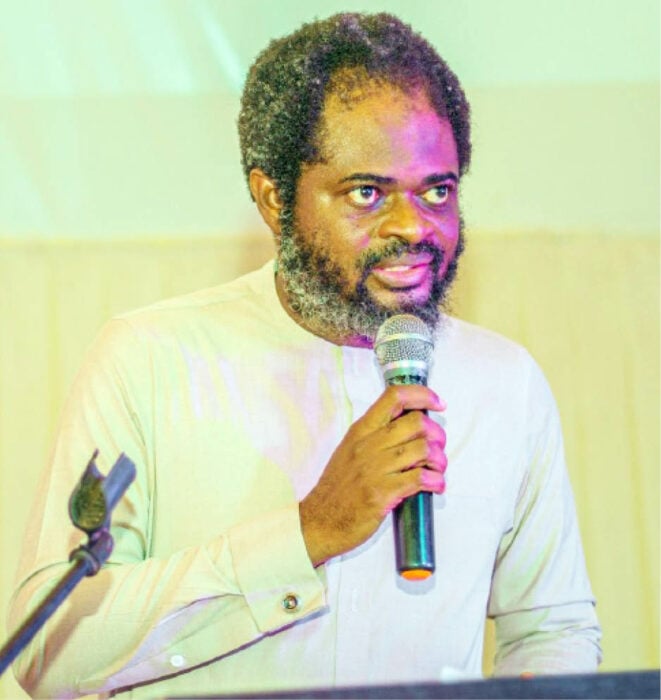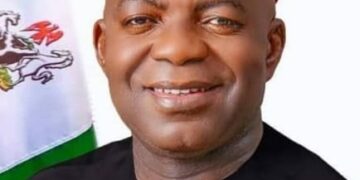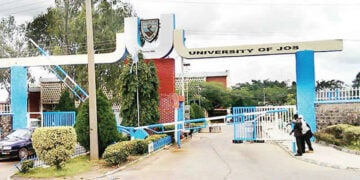Over 7,000 users registered across the National Library branches in the month of August. What is driving this patronage?
What is driving this patronage is mainly awareness. People are now more aware of our services and the delivery we provide. When users come, they actually find what they are looking for. In the past, many assumed our shelves contained only old books. Once they saw them, they would complain and leave, not realising we also have many new materials. Some even concluded that we stocked only outdated books. That was a misconception. The truth is, the National Library does not weed out books simply because of age. We are a national repository, not just a public library. Every document produced in Nigeria, or by Nigerians, is meant to be preserved here whether for 2,000 or 50,000 years. That is why older books remain, alongside new ones.Since the arrival of the new Chief Executive, who articulated eight policy points to drive her administration, people have begun to better understand what the National Library offers. This has contributed greatly to the recent surge in patronage.
How exactly is the National Library digitising its books and collections?
We have digitised over 6,500 of our resources, and the process is ongoing. Materials that have been completed are already available on our website. From home, your office, or anywhere, you can log on to (nln.gov.ng), go to the National Repository and access them. Digitisation is a multi-stage process, scanning, polishing, cleaning, and finally uploading. While some resources are already uploaded, others are still undergoing processing. But we are on track, and Nigerians can already see the output of this work by visiting our website.
Can you give us an update on the leadership promotion programme and grassroots literacy campaigns?
We believe the public is already feeling the impact because our services are for citizens. The leadership campaign and literacy programmes have been well received, creating greater awareness and drawing more traffic, both physical and online. For example, with our support, over 30 schools across the country have now established book clubs, and we provide them with reading materials.
In addition, we have established more than 70 literacy centers, mostly in hard-to-reach rural areas, not just in urban centers. These centers teach in local languages as well as English. I personally visited a literacy center in the FCT, opened in 2022. During my assessment, a community chief testified in English that he had learned the language through the programme. He even expressed his desire to enroll in a formal school. When you see over 70 people in one rural center turning up just to read, without any financial incentive, it shows the program has real value.
How is staff welfare being addressed?
Our welfare challenges are similar to those faced by other federal agencies, since we depend on government funding and do not generate revenue. Despite this, we provide healthcare support through our in-house clinic, with a nurse on ground. Staff can get first aid, rest if unwell, and attend regular health talks. For instance, this month we invited a medical doctor to give a health awareness lecture. We also provide staff buses, although they are limited. These buses not only take staff to and from work but are also made available for social occasions like weddings and funerals. Another aspect of welfare is reducing workload through automation. One of the eight points on the Chief Executive’s agenda was the automation of library operations. She provided funding for the acquisition of library software, enabling us to develop the Online Public Access Catalog (OPAC).
With OPAC, instead of flipping through card catalogs, users can now search for materials via computer or even mobile phone. The system tells you whether we have the book and in which branch it is located.
There has been talk about amending some of the existing laws guiding the National Library. Could you give us an update on where that process stands?
The draft Act was prepared and sent to the National Assembly, which carried out the necessary legislative processes. It was then ready for the President’s assent. Unfortunately, the President was unable to assent to the bill before the expiration of his tenure. Once that happens, the appropriation process has to start all over again. The matter is still with the National Assembly, and we are working towards a positive outcome.
However, we have continued to perform our duties. The delay in enacting the revised Act has not affected our productivity or the delivery of our mandate. Thankfully, our target audience Nigerians are already in tune with the current environment of our information utilization processes. This has made it easier for us to relate with them and work together effectively. Therefore, the absence of a revised Act has not hindered us, although we acknowledge that an updated policy framework would further enhance our operations. In the meantime, we remain committed to working collaboratively and fulfilling our responsibilities.











